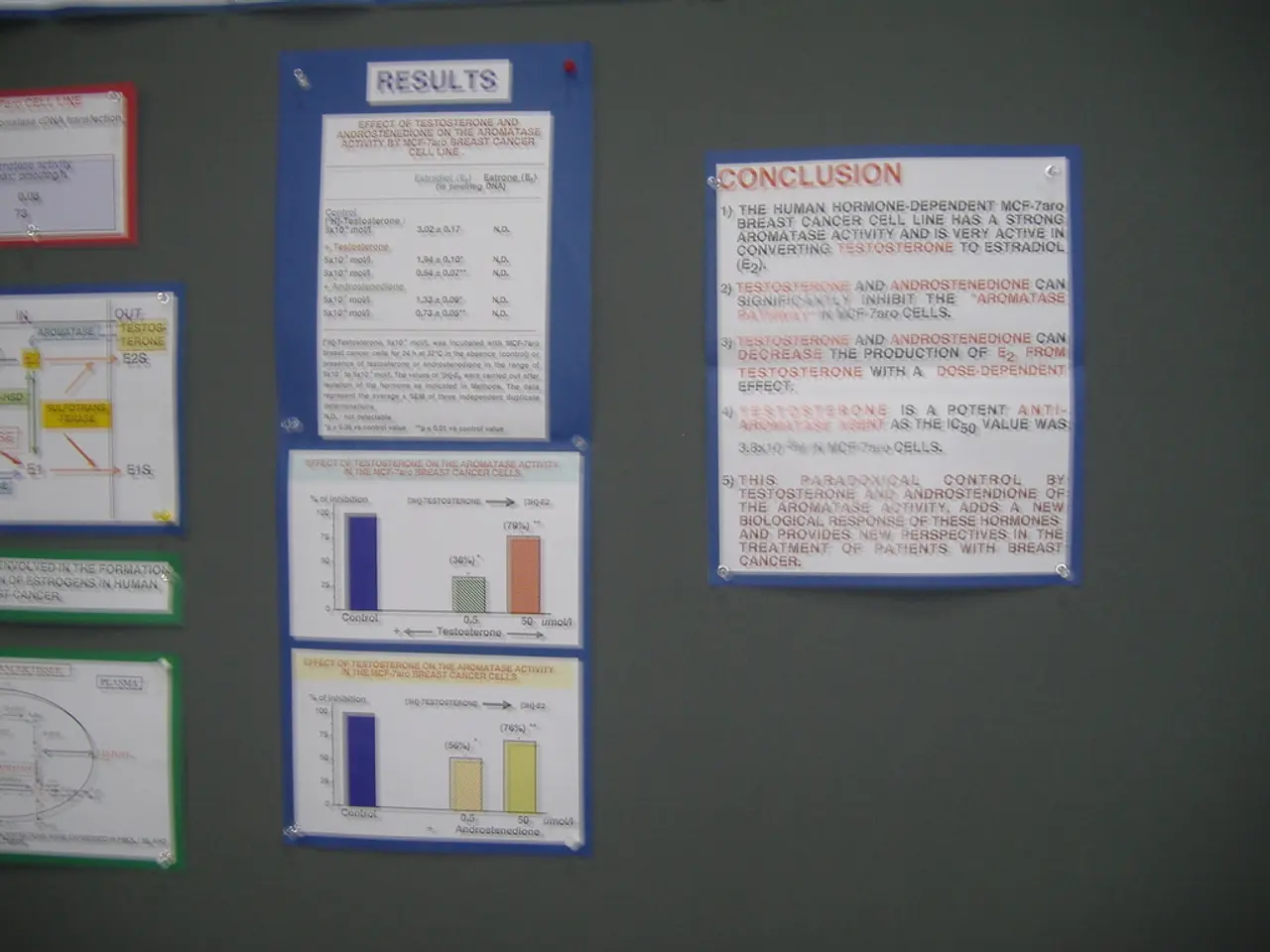Difficult Departure from Bond Purchases Stated by Former ECB Economist
Former ECB Chief Economist Peter Praet has issued a warning about the challenges of raising interest rates in a high-debt environment, emphasizing that such moves could amplify risks of financial instability [3].
Praet highlights several key obstacles to future interest rate hikes. The complex and interconnected financial system, with large banks and non-bank financial institutions having substantial exposure, makes it more fragile. Higher rates could trigger renewed financial disruptions or crises, particularly if regulatory oversight weakens [3].
Another challenge is the dependency on low borrowing costs. With high government and corporate debt levels, many borrowers rely on low interest costs. Increasing rates sharply could significantly raise debt service burdens, risking defaults or forcing fiscal adjustments that could slow economic growth and unsettle bond markets [3].
Geopolitical shifts and structural changes also present challenges. Praet notes that moves by some emerging economies to diversify away from the U.S. dollar, combined with Europe's ongoing debates on financial system dependence and competitiveness, complicate the policy environment. This could limit the scope for unilateral interest rate hikes without unintended cross-border effects [3].
Market sensitivities are another factor to consider. Rising long-term yields, such as 30-year US Treasury yields approaching 5%, show that markets are sensitive to rate changes. Renewed rate increases could exacerbate market turmoil if not carefully managed [1].
If interest rates rise, the prices of bonds in the ECB's inventory will fall. In December, the ECB expanded its bond purchases under the PEPP program to 1.85 trillion euros [2]. Potential losses for the ECB due to future interest rate hikes could affect the mood of decision-makers and call its credibility into question.
Praet also expresses concern about market excesses and sees potential obstacles to future interest rate hikes. He believes that stronger measures should have been taken instead of being satisfied with such low inflation predicted by the ECB. He suggests that the ECB should explain its decisions regarding inflation rate predictions better [1].
Praet served as ECB chief economist from 2012 to 2019, and he warns governments and markets to prepare for rising interest rates, emphasizing the importance of preparing in advance for interest rate increases, especially in a high-debt environment [1].
References: [1] Reuters. (2021, January 27). Ex-ECB chief economist Praet warns of challenges in raising interest rates. Retrieved from https://www.reuters.com/article/us-ecb-praet-interview-idUSKBN29U20L [2] European Central Bank. (2020, December 10). ECB makes additional net asset purchases under the pandemic emergency purchase programme (PEPP) in December 2020. Retrieved from https://www.ecb.europa.eu/press/pr/date/2020/html/ecb.pr20201210_1~5eebf23c46.en.html [3] Financial Times. (2021, January 27). Former ECB official Praet warns of challenges in raising interest rates. Retrieved from https://www.ft.com/content/56675c8d-b0a8-4009-8f35-691f3235863d
Other businesses and financial institutions may struggle under the weight of increased interest rates, given their reliance on low borrowing costs in a high-debt environment. The complex nature of the global financial system could amplify risks of financial instability if interest rates rise.





